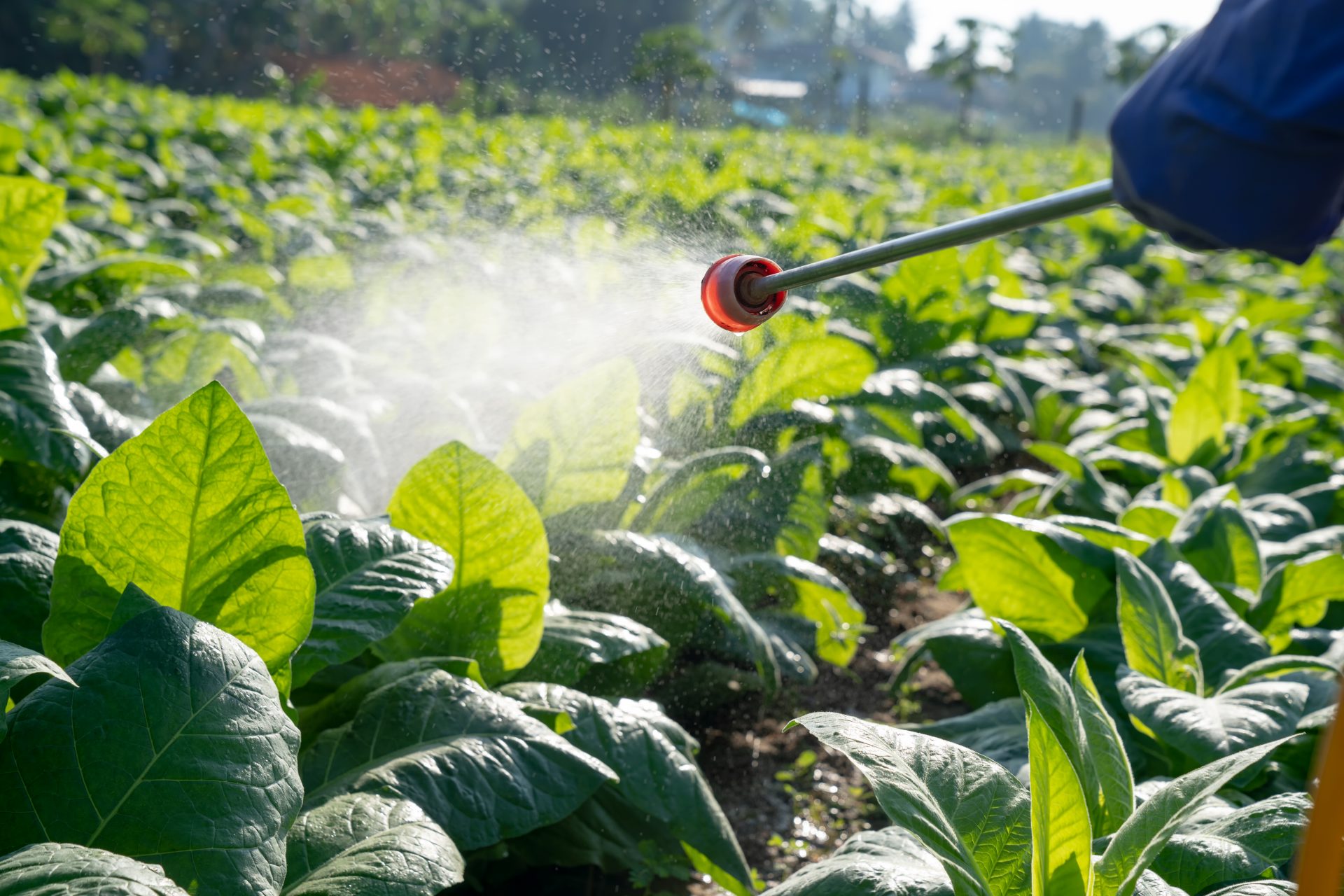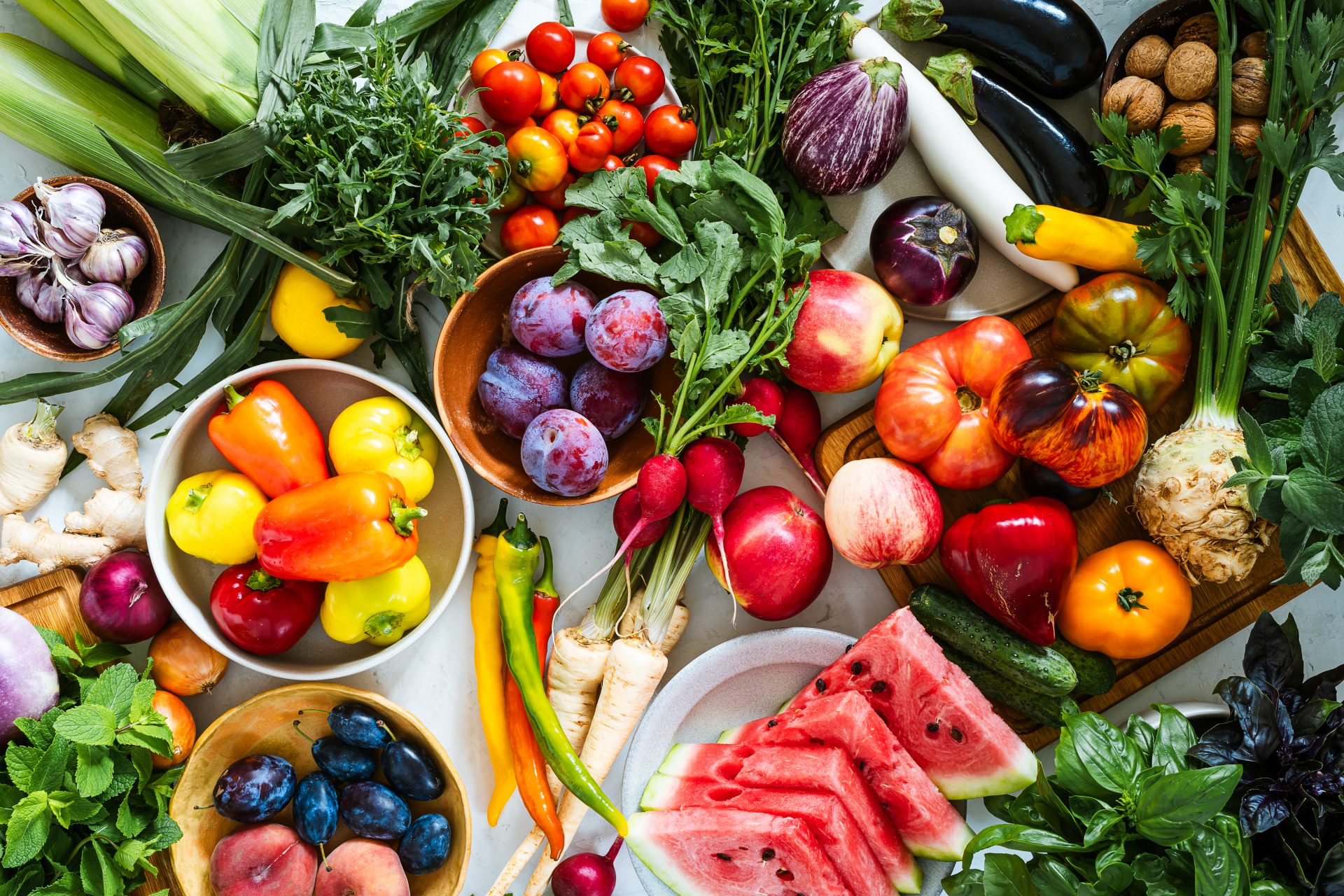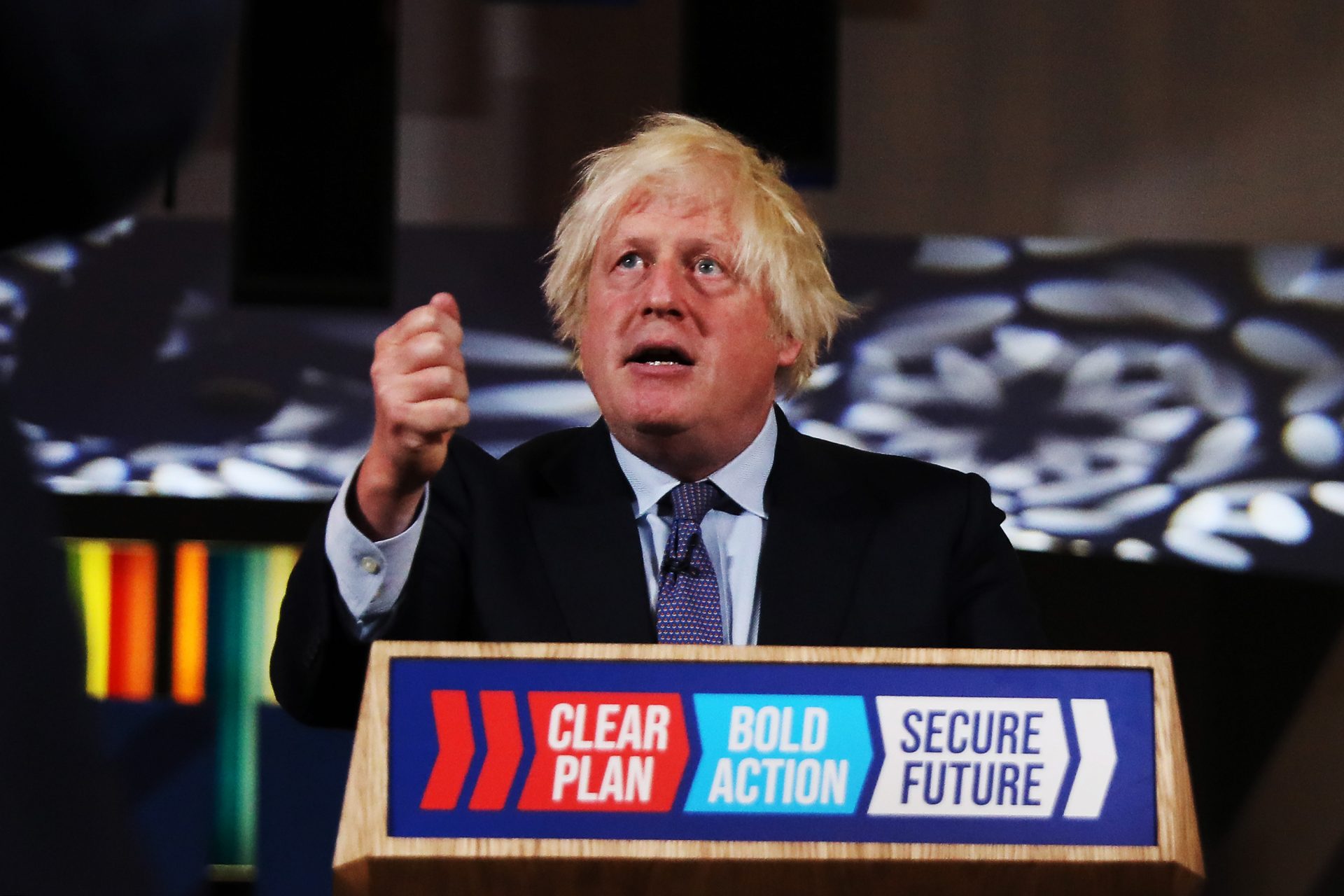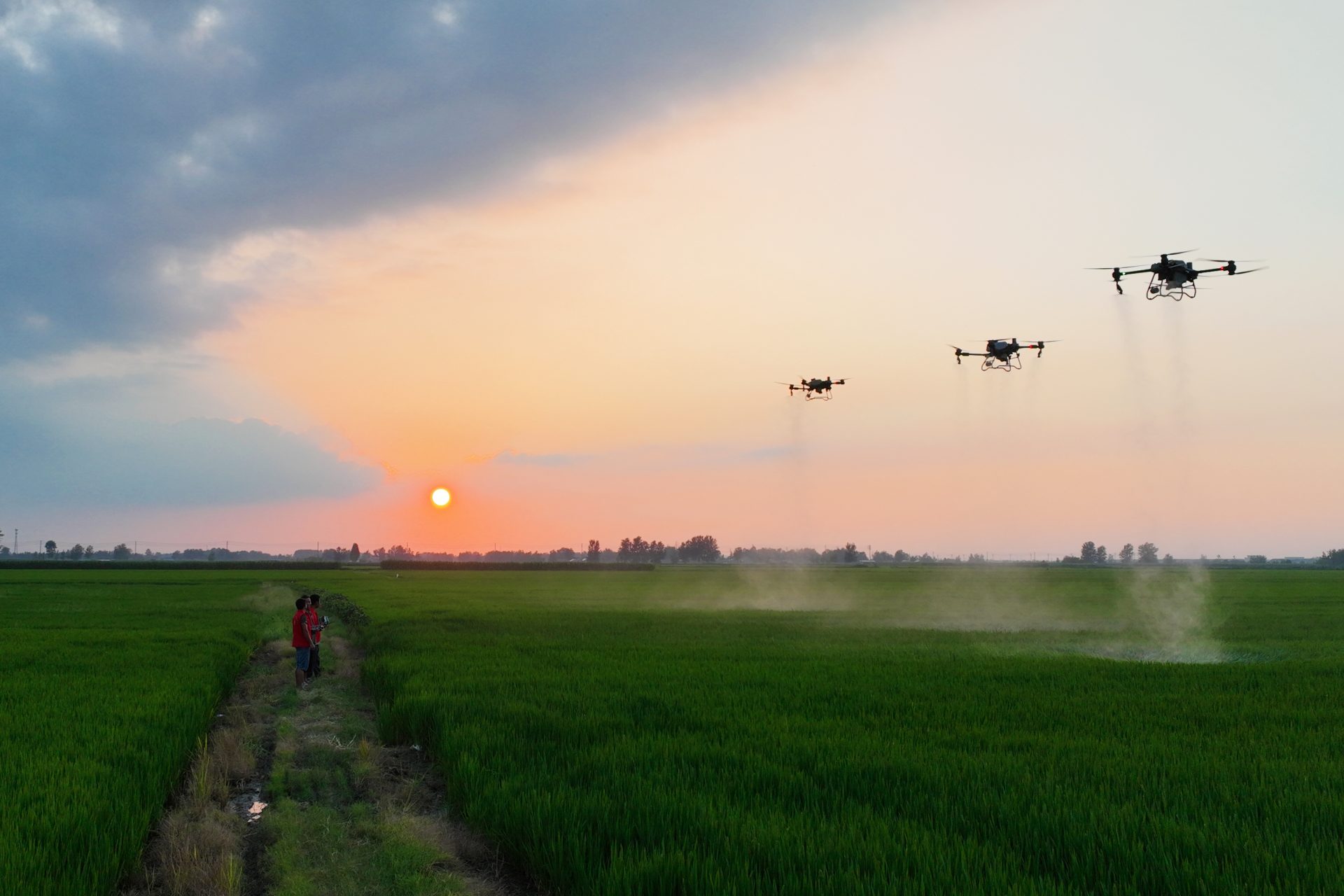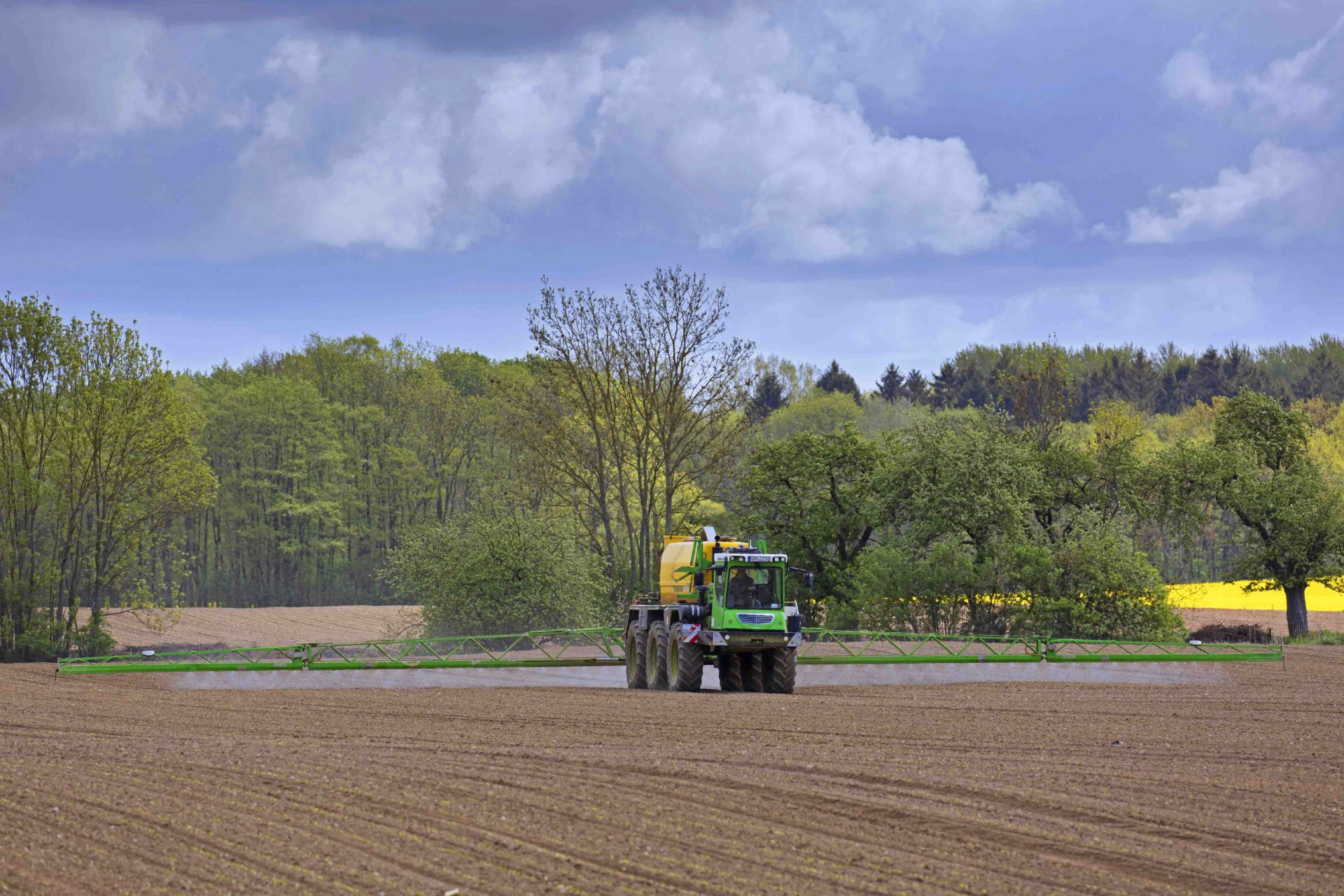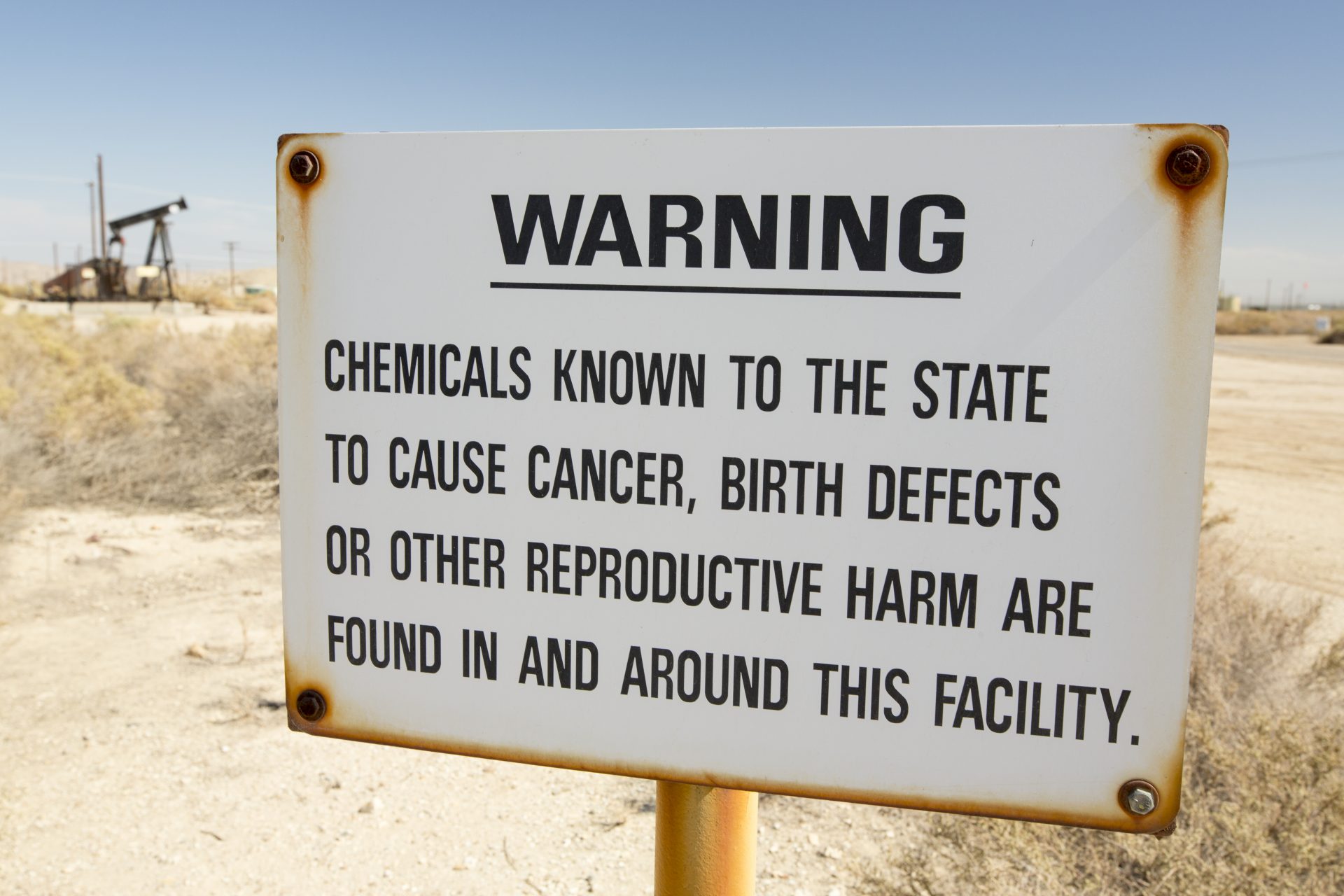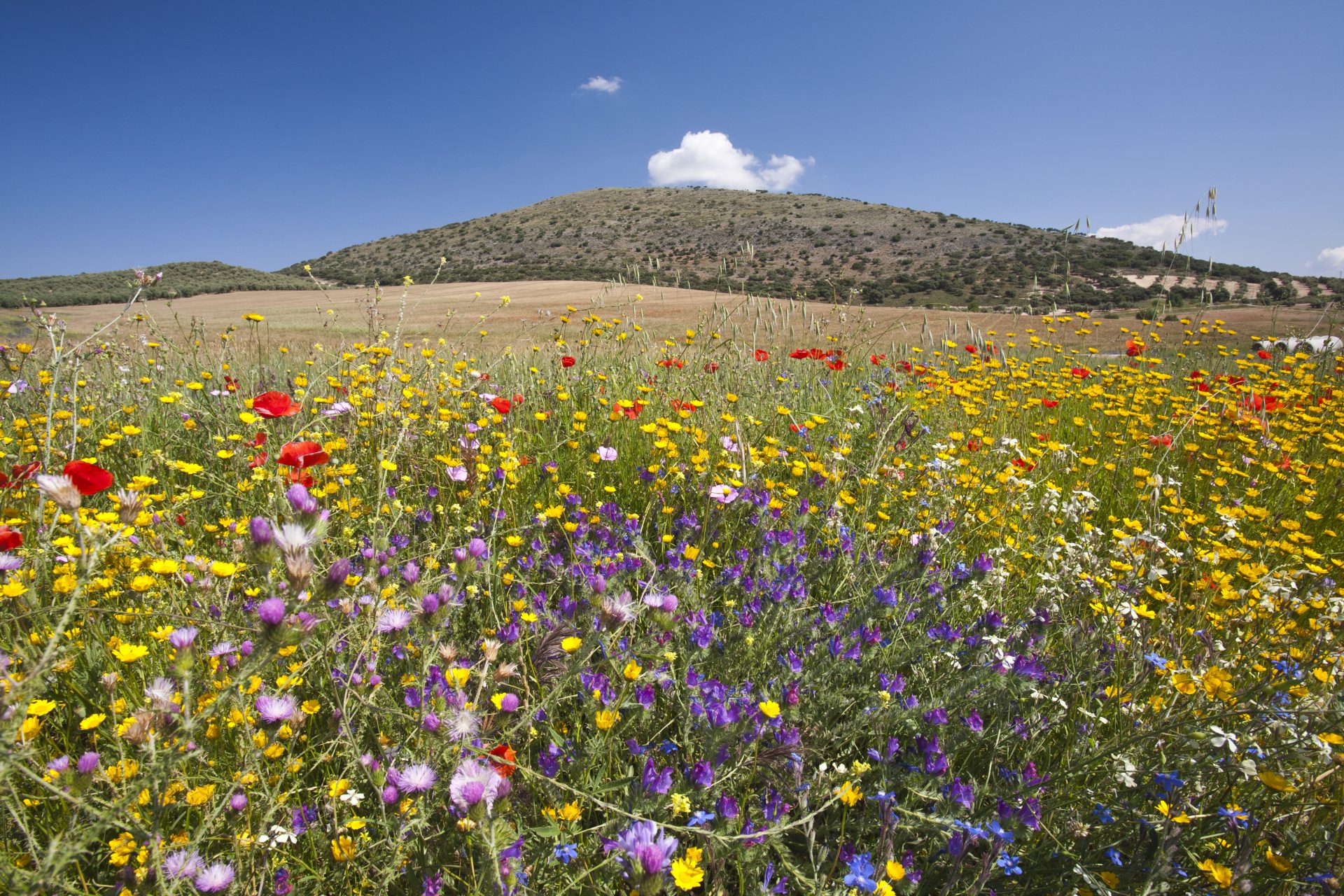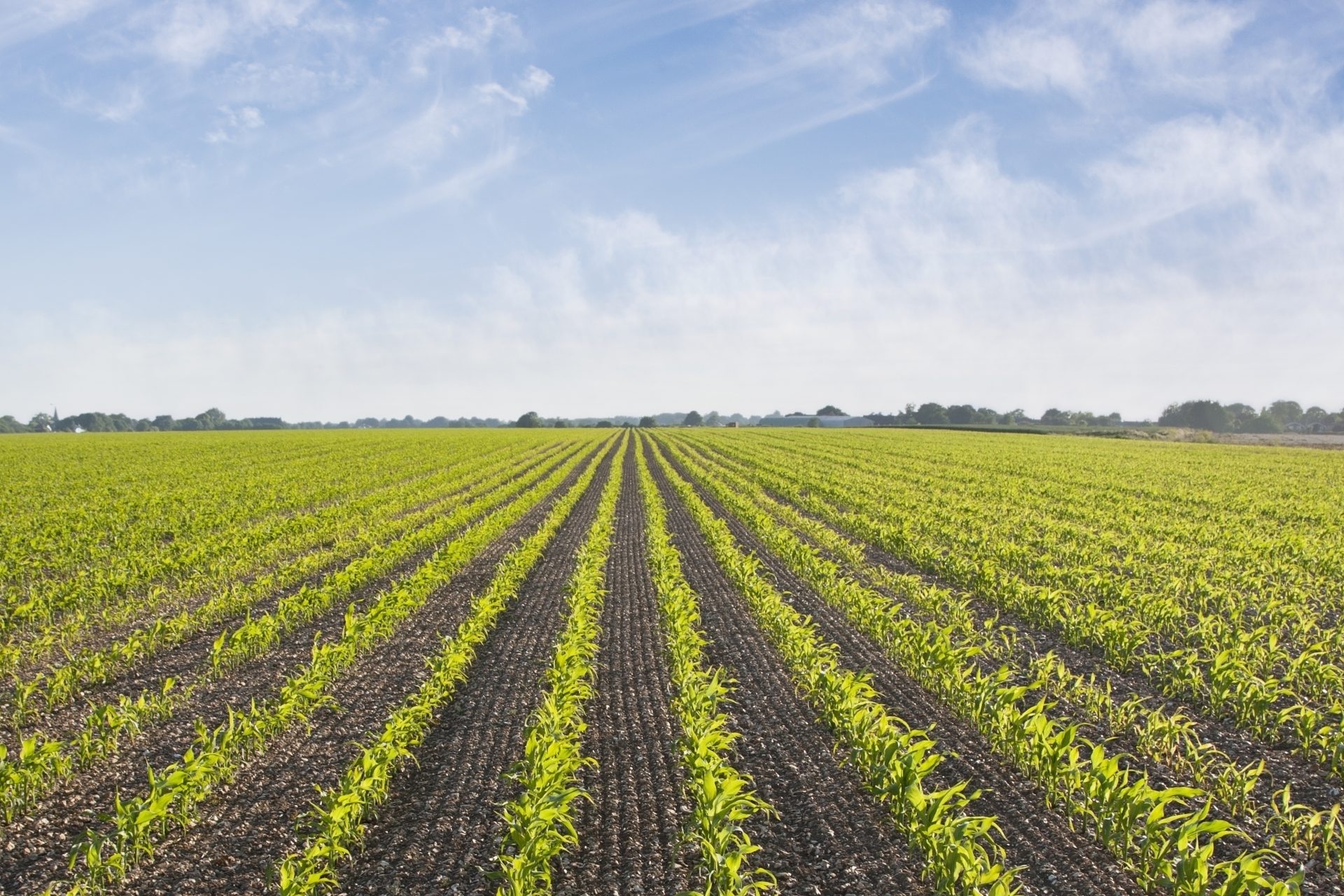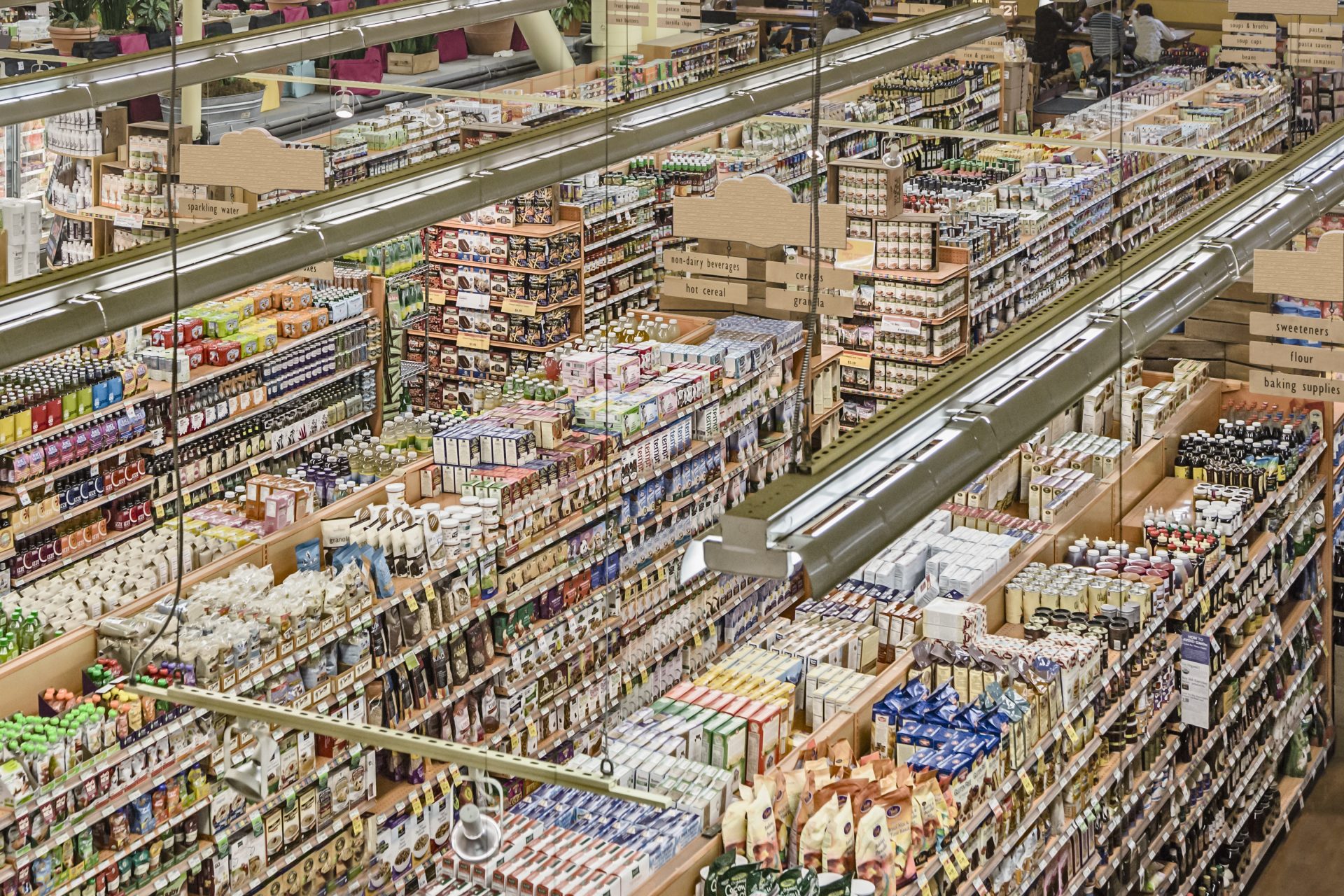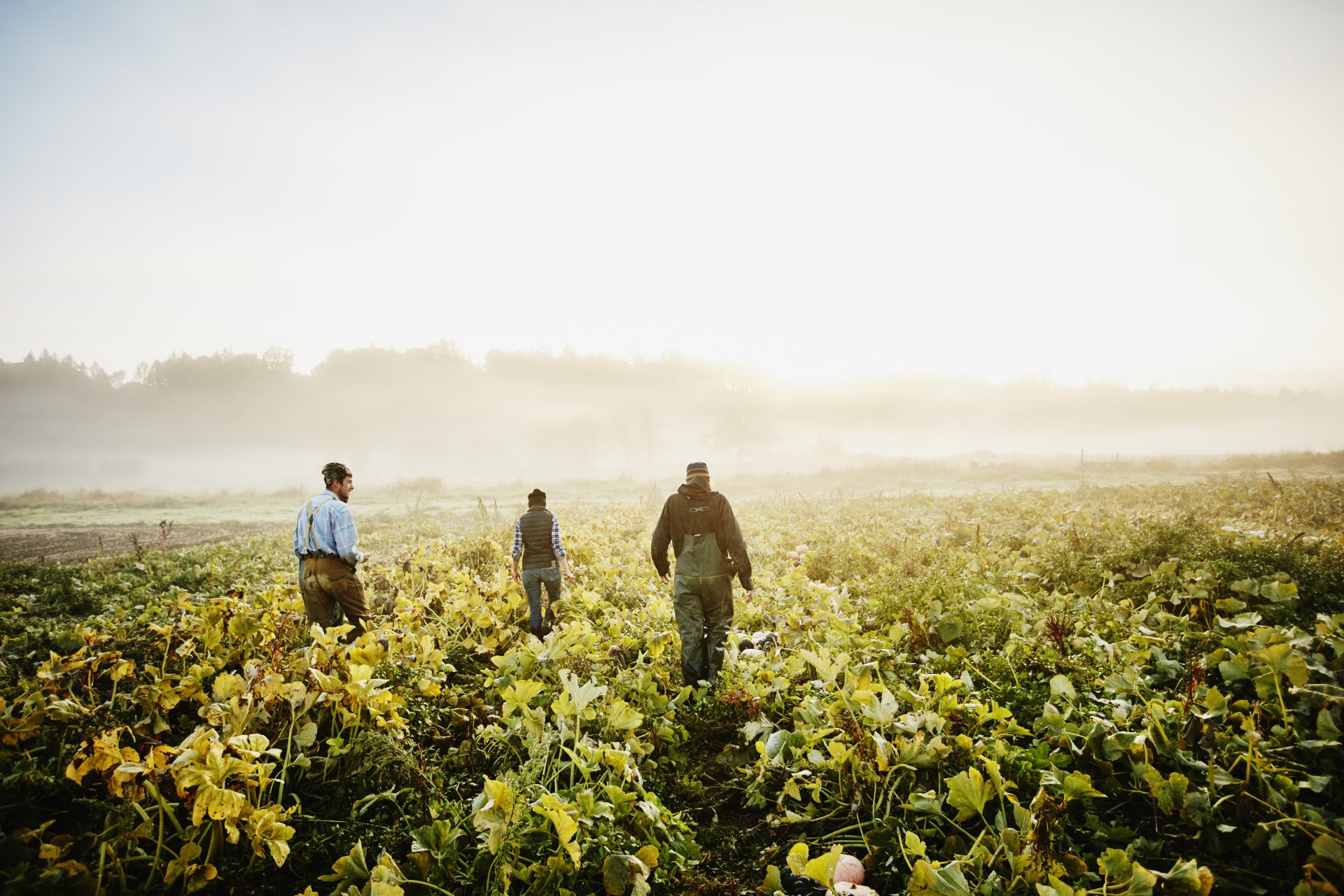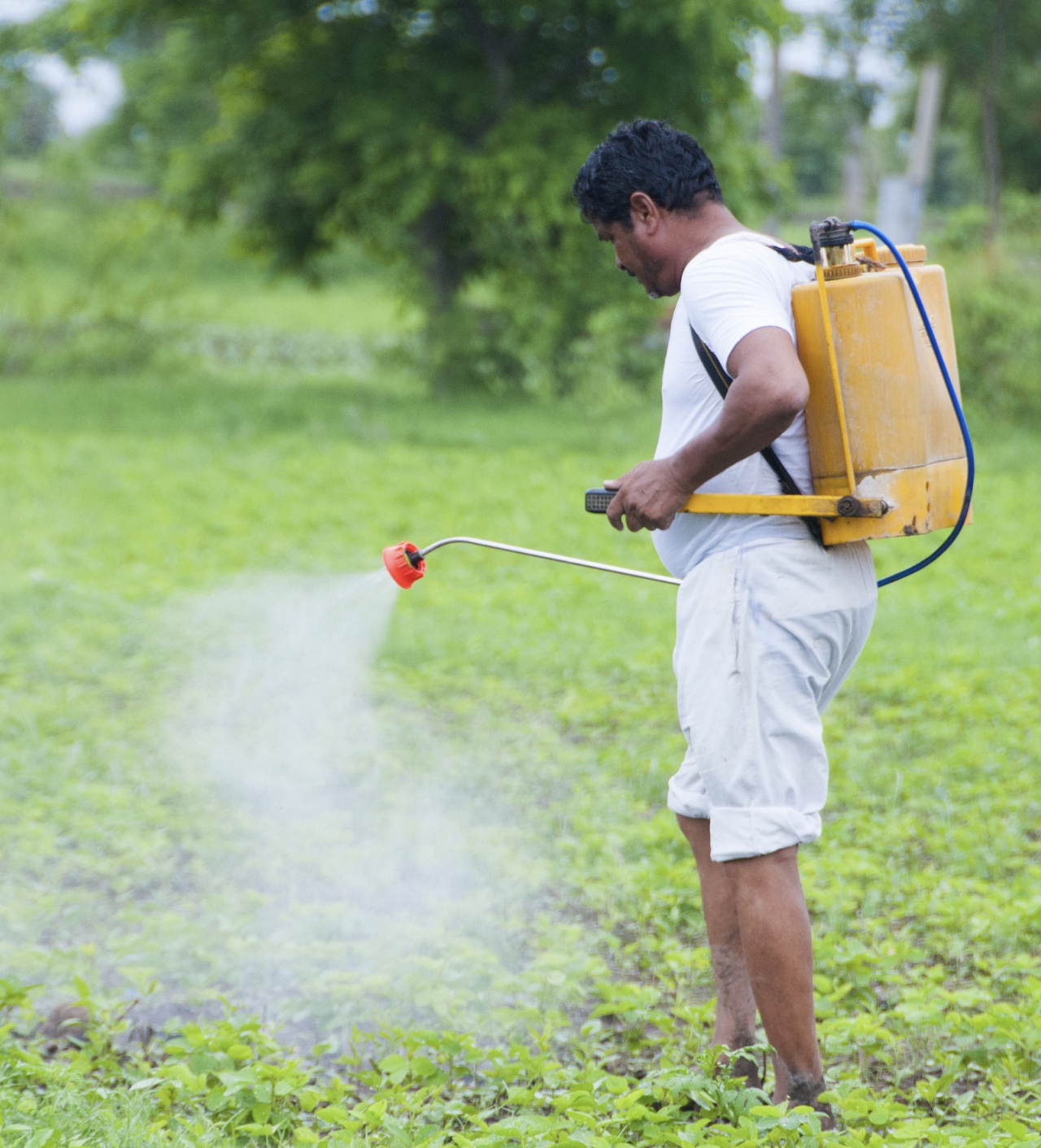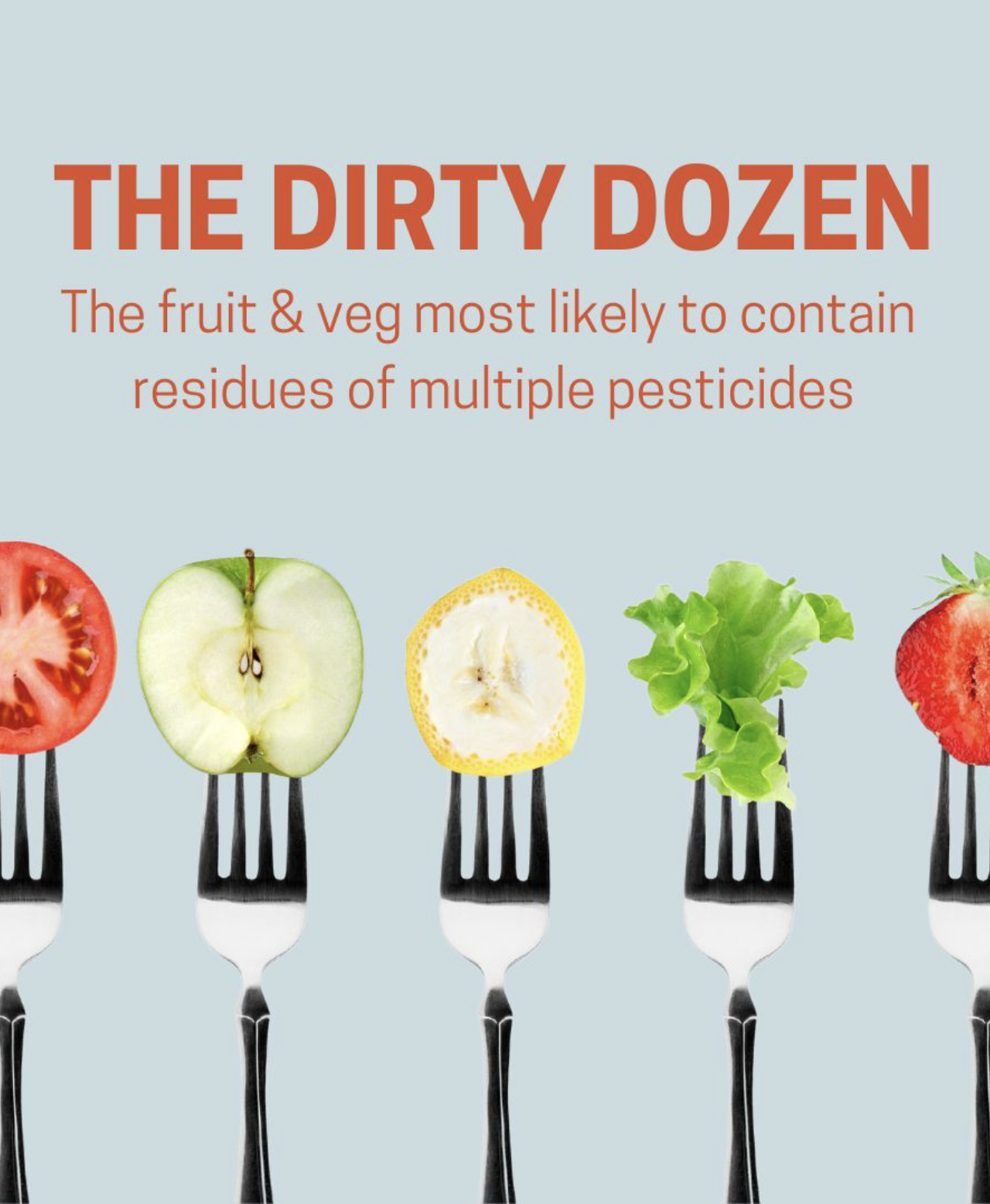Brexit boosts chemical toxins on UK food
Unhampered by EU rules, post-Brexit UK has managed to drastically multiply concentrations of pesticide residue on a range of common, basic food items by reducing pesticide residue safety limits.
Safety limits have been diluted for 115 types of produce – mostly fruit and vegetables – and in some cases, levels are now free to be thousands of times higher, such as the chemicals boscalid and chlorantraniliprole on tea, according to the Pesticide Action Network UK (PAN UK).
These changes were pushed through by the Conservative government between 2022 and 2024, despite former prime minister Boris Johnson and fellow Brexiteers promising environmental protections would be tightened, not loosened, after the UK left the bloc.
The changes raise the safety limits on 49 different pesticides, 15 of which (30%) are classified as "Highly Hazardous Pesticides," (HHPs) which means that they are a particular threat to either human health or the environment.
Several of the chemicals whose safety levels have been raised include glysophate (7.5 times higher in beans), which is classified as "a probable human carcinogen" by the WHO.
Also now present in higher concentrations on UK food is bifenthrin (50 times higher on avocados and pomegranates). Bifenthrin is an endocrine disrupting chemical that can impact hormone systems and lead to birth defects and development disorders.
“At a time when cancers and other chronic diseases are on the rise, we should be doing everything we can to reduce our chemical exposure,” says Nick Mole from PAN UK.
Mole added on the organization’s website, “In reality, we have no idea what this ongoing exposure to tens – or even hundreds – of different chemicals is doing to our health over the long-term.”
The changes indicate a significant shift in the UK’s approach to pesticides and the Maximum Residue Level (MRL) regime, which was introduced by the EU to protect public health, wildlife and the natural environment.
The EU restrictions on pesticides are the strongest in the world in terms of protecting human health and the environment, according to The Guardian.
The new, weaker MRLs being introduced to the UK in the wake of Brexit are based on the Codex Alimentarius – a set of international food standards produced by the UN Food and Agriculture Organization and the WHO.
The Codex has been flagged up by the Center for International Environmental Law for “a history of setting weaker safety standards than European counterparts due to the influence of US and corporate lobbying.”
“We’ve been worried for a long time that the UK would abandon our existing food standards and adopt much weaker international equivalents,” says Mole on PAN’s campaign site. “But, actually, what the government has done is worse than we feared.”
“They’ve chosen to adopt international safety limits only where they offer LESS protection to consumers,” adds Mole. “Where the international standard is better for consumers, they decided to stick with our own weaker GB equivalent. This really does beggar belief!”
Photo: screenshot from the PAN UK website.
Mole warns that “the new government urgently needs to undo this mess by reverting to our previous safety limits. Going forward, we should be adopting a precautionary approach which prioritizes health and environment over economic concerns.”
Photo: screenshot from the PAN UK website.
Defending the changes, a Health and Safety Executive spokesperson told The Guardian: “We make independent decisions based on careful scientific assessment of the risks, with the aim of achieving a high level of protection for people and the environment.”
Never miss a story! Click here to follow The Daily Digest.
Photo: screenshot from the PAN UK website.
More for you
Top Stories



